
Interview with Melissa DeVelvis on Gendering Secession
In today’s Muster, JCWE associate editor Robert Bland interviews Melissa DeVelvis, author of Gendering Secession: White Women in the Politics of South Carolina, 1859 to 1861 (New York: Cambridge University Press, 2025). Gender Secession explores the lives and politics of South Carolina's elite white women during the end of the ...
Read More
Read More
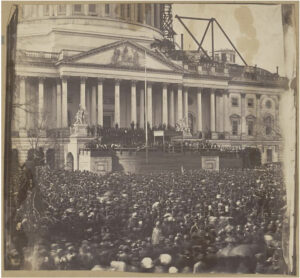
“An Earthquake”: Lincoln’s First Inaugural, Fugitive Slave Rendition, and Virginia’s Secession
[Editor's Note: This article is adopted from Evan Turiano’s forthcoming “‘Prophecies of Loss’: Debating Slave Flight During Virginia’s Secession Crisis,” which will appear in the September 2022 issue of the Journal of the Civil War Era. The Virginia secession convention was set into motion on November 15, 1860, barely a ...
Read More
Read More
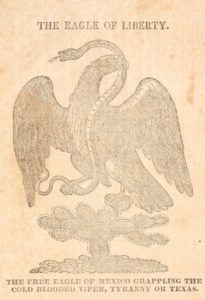
Texas Secession: Whose Tradition?
The Texan secessionists are at it again. In a bill submitted to the Texas State Legislature on January 26, 2021, state representatives have sparked, in legal form, the question of Texas secession once more. According to the author, Rep. Kyle Biedermann of Fredericksburg, TX, House Bill 1359 offers Texans “of ...
Read More
Read More
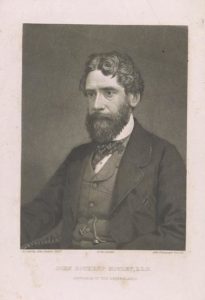
Secession and Slavery in Great Britain II: John Lothrop Motley and the Causes of the Civil War in The Times of London
To read Part I of my analysis of this debate, click here. Part I discusses two articles by Cassius Clay, an antislavery Kentuckian and U.S. Minister to the Russian court, and Edwin DeLeon, a secessionist and former U.S. minister to Egypt. British neutrality inspired Clay and DeLeon to present their ...
Read More
Read More
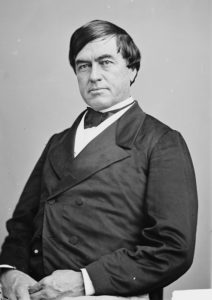
Secession and Slavery in Great Britain: Cassius Clay and Edwin DeLeon debate in The Times of London
On May 13, 1861, Queen Victoria announced Great Britain’s neutrality in the Civil War, which raised Southern hopes of recognition and Northern fears of the same. The Queen’s proclamation and public reaction to the outbreak of hostilities were the result of long-standing assumptions about the sectional division in the United ...
Read More
Read More
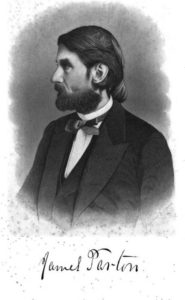
A Historian for Troubled Times: James Parton, Andrew Jackson, and the Secession Winter
The cry echoed throughout the crisis which followed Abraham Lincoln’s election: “Oh, for an hour of Jackson!” It crossed party and even sectional lines, linking dyed-in-the-wool Democrats to rock-ribbed Republicans, and indignant northerners to anxious southern dissenters. As they scorned lame-duck James Buchanan and awaited his untested successor, many Unionists ...
Read More
Read More
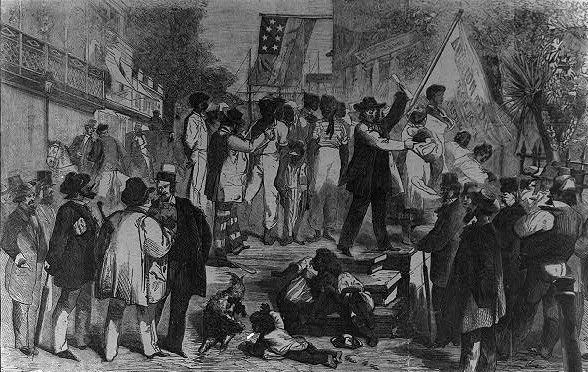
“The Most Potent Money Power”: Slave Traders, Dark Money, and Elections
With the 2018 midterm elections approaching, the role of money in politics once again looms large in American political discourse. For many, shadowy super PACs, mega-donors, and dark money stand in stark contrast to the sanctity of the individual voter. Political actors recognize and deploy this, with politicians going to ...
Read More
Read More
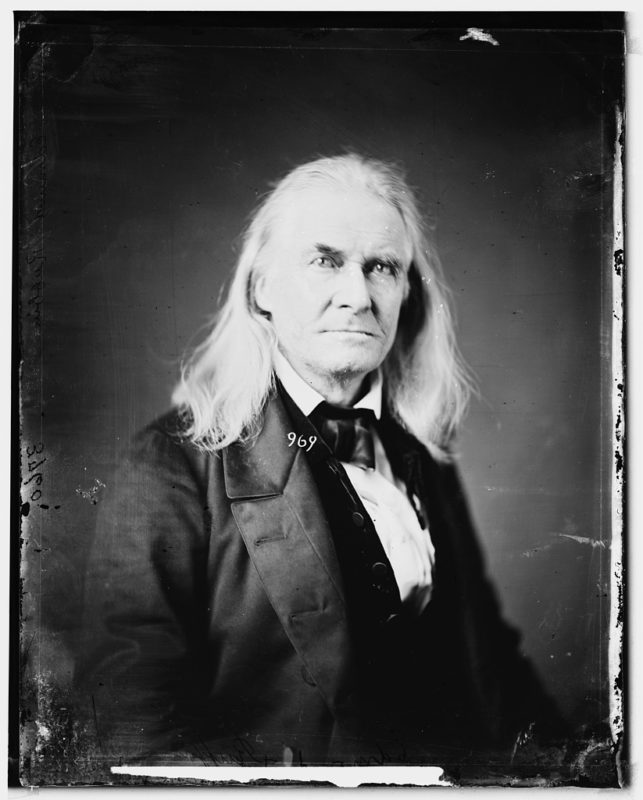
Long Haired Sixties Radicals
Louisa was fifteen when the revolution began, and her enthusiasm was undimmed when she wrote her memoirs sixty years later. She recalled the spectacle: houses illuminated with candles, bells ringing, tar barrels burning, flags waving. Most of all, she remembered the people. “I can never forget how those men used ...
Read More
Read More
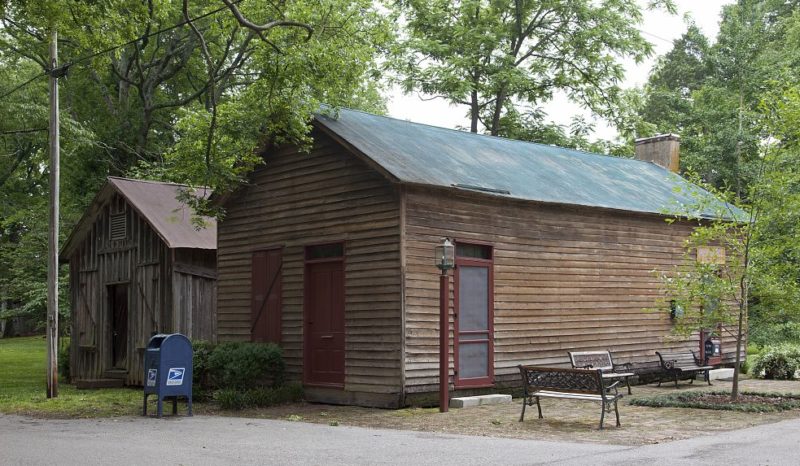
Neither Snow Nor Rain Nor Secession? Mail Delivery and the Experience of Disunion in 1861
If your state seceded from the United States today, how would it first affect your daily life? Scholars typically study the secession crisis of 1860 to 1861 in terms of high politics, with the action unfolding in Washington and southern state capitals. For humbler residents of the seceding states, however, ...
Read More
Read More
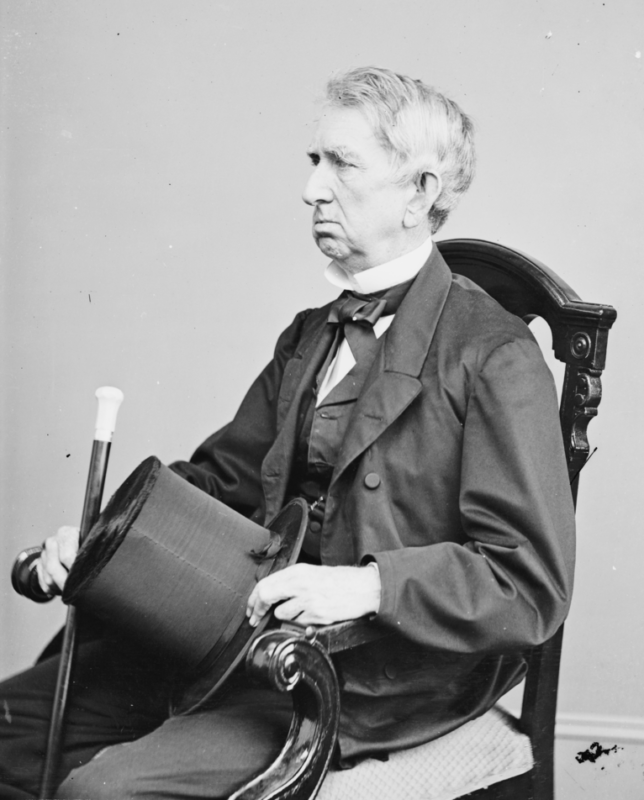
William H. Seward’s Foreign War Panacea Reconsidered
As William H. Seward allegedly stated in 1861, “if the Lord would only give the United States an excuse for a war with England, France, or Spain, that would be the best means of reestablishing internal peace.” This is probably one of the most famous and most widely quoted sentences ...
Read More
Read More
Using Reacting to the Past in the Civil War Classroom
The time had come for the delegates to Kentucky’s Sovereignty Convention to decide whether or not the state should secede. One by one, the delegates responded to the roll call vote. Once the representatives from the Cumberland Plateau, Pennyroyal, and Jackson Purchase regions had spoken, the vote was tied. It ...
Read More
Read More
